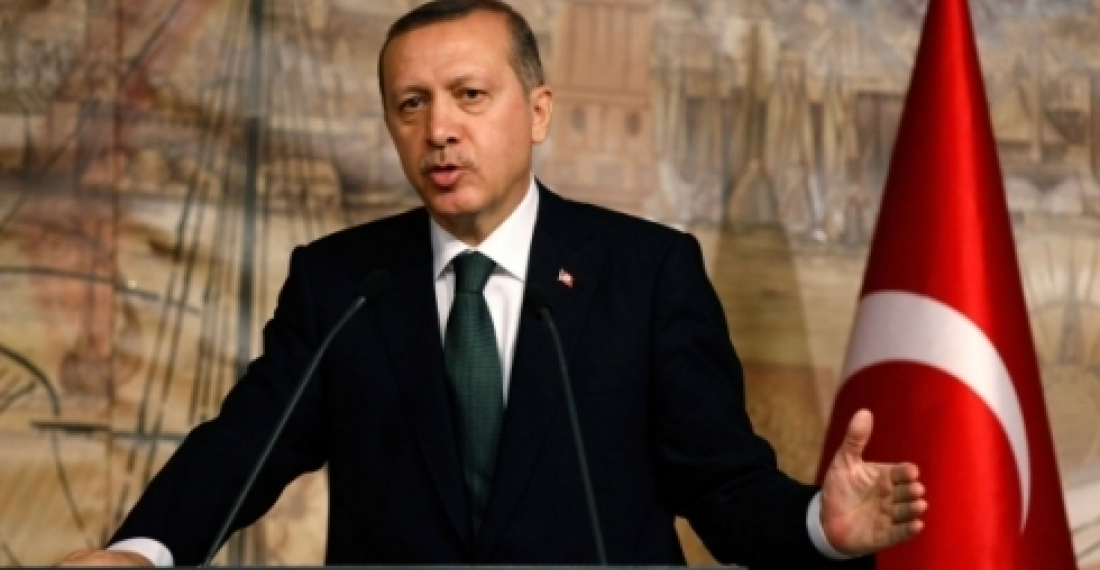Turkish prime minister has said Turkey is preparing for step- by-step sanctions on France where the bill criminalizing the Armenian genocide denial is discussed today, Zaman writes.
Recep Tayyip Erdogan told at the Parliament on Wednesday that he will unveil first set of sanctions on France based on the status of the bill on French assembly on Thursday. He added that French President Nicolas Sarkozy's steps that are based on political gains will damage Turkish-French relations.
The lower house of the French Parliament will debate Thursday whether to criminalize the denial that the Armenian Genocide by Ottoman Turks more than 90 years ago. That would bring legislation in line with how France treats denial of the Holocaust.
Turkey has threatened to withdraw its ambassador to France if the bill is passed and warned of "grave consequences" to economic and political ties.
On December 22 the French National Assembly will vote on the bill authored by Valerie Boyer of the Union for Popular Movement (UMP) by the proposal of several Senate members. The bill is criminalizing the Armenian genocide denial, amends the law on freedom press criminalizing, proposing a clause on racially motivating crimes. The new bill stipulates one year in prison and a fine in the amount of 45,000 Euros for anyone who denies the fact of the Armenian Genocide in the territory of France, which officially recognized the Armenian genocide on Jan 29 2001. If passed, the bill will need Senate's approval and ratification of the president.
Turkey preparing step-by-step sanctions on France in revenge for Bill criminalizing Armenian Genocide denial
Turkey preparing step-by-step sanctions on France in revenge for Bill criminalizing Armenian Genocide denial







